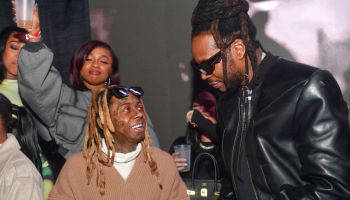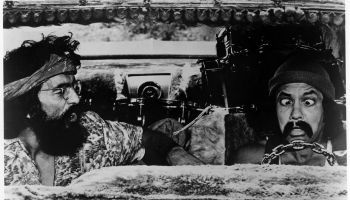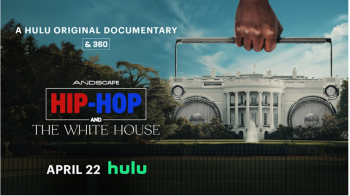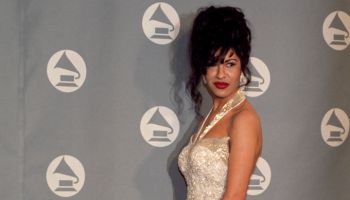When you’re a child, one of the first things you learn is to apologize.
Stole your brother’s toy? Say you’re sorry. Knocked over your bowl of cereal? Just five letters will make it all better.
But does the magic extend past kindergarten? Today, it seems that regret, remorse and repentance are all conveniently condensed into one quick word, used as necessary, virtually impersonally and irreverently.
As celebrities and pop culture icons spew apologies left and right for various infractions and public missteps, does “sorry” lose its power?
We are accustomed to an uninterrupted, direct line of communication from the rich and famous. Thanks to Twitter, Instagram, Facebook and reality TV, we know where they are, whom they’re with, and where they’re going. We know their voices, can read their body language and attitudes.
Like we’re real friends.
And when they do something asinine and disingenuous, we—and everybody else—know that, too. Sure our celebrity pals make public apologies, sometimes flippant, sometimes sincere, but an off-hand racist comment or misogynistic lyric only become really wrong if they have a business consequence, like a lost endorsement or TV deal.
Take Rick Ross. He recently gave a half-hearted non-apology on Twitter for his rape-endorsing lyrics, which was followed by a much more formal, eloquent, clearly scripted mea culpa issued for the same offense only after Reebok dropped him.
Similarly, most people are skeptical that Lil Wayne’s apology for stepping on the American flag was genuine. It is assumed the apology came from his handlers trying to manage the resulting fallout. Manufactured apologies come off as inauthentic, resulting in public disappointment and distrust. We are always ready and willing to forgive, but only if there is a real effort at remorse, even if it is delivered on YouTube or 140-character posts.
Paula Deen has dug a deep, dark hole for herself. She took a baby step toward redemption this morning in her Today Show appearance during which she seemed genuinely contrite and apologetic. Of course, she only did this after losing the most lucrative of her many endorsement deals and being a lead story in virtually every national media outlet for nearly a week.
At this point, the questions on the table seem to be: What is she really apologizing for – offending a huge portion of the population or getting caught in this situation in the first place? It is really hard to believe, as a 66-year-old woman, she has changed her beliefs in the last five days.
Rather than expect these celebrities to grow and learn from their mistakes, perhaps as fans and consumers we should do the evolving.
We must reclaim apologies and protect them from overuse so as to preserve the salience our parents infused them with when we were kids. “Sorry” from a celebrity’s entourage won’t fix our pervasive rape culture or racial inequalities.
What will is a refusal to support, applaud, or buy anything from anyone that perpetuates these societal plagues. Instead of demanding remorse, let’s demand change.
Sophie Jacob is a News and Politics Intern at GlobalGrind and a rising sophomore at Northwestern University.















